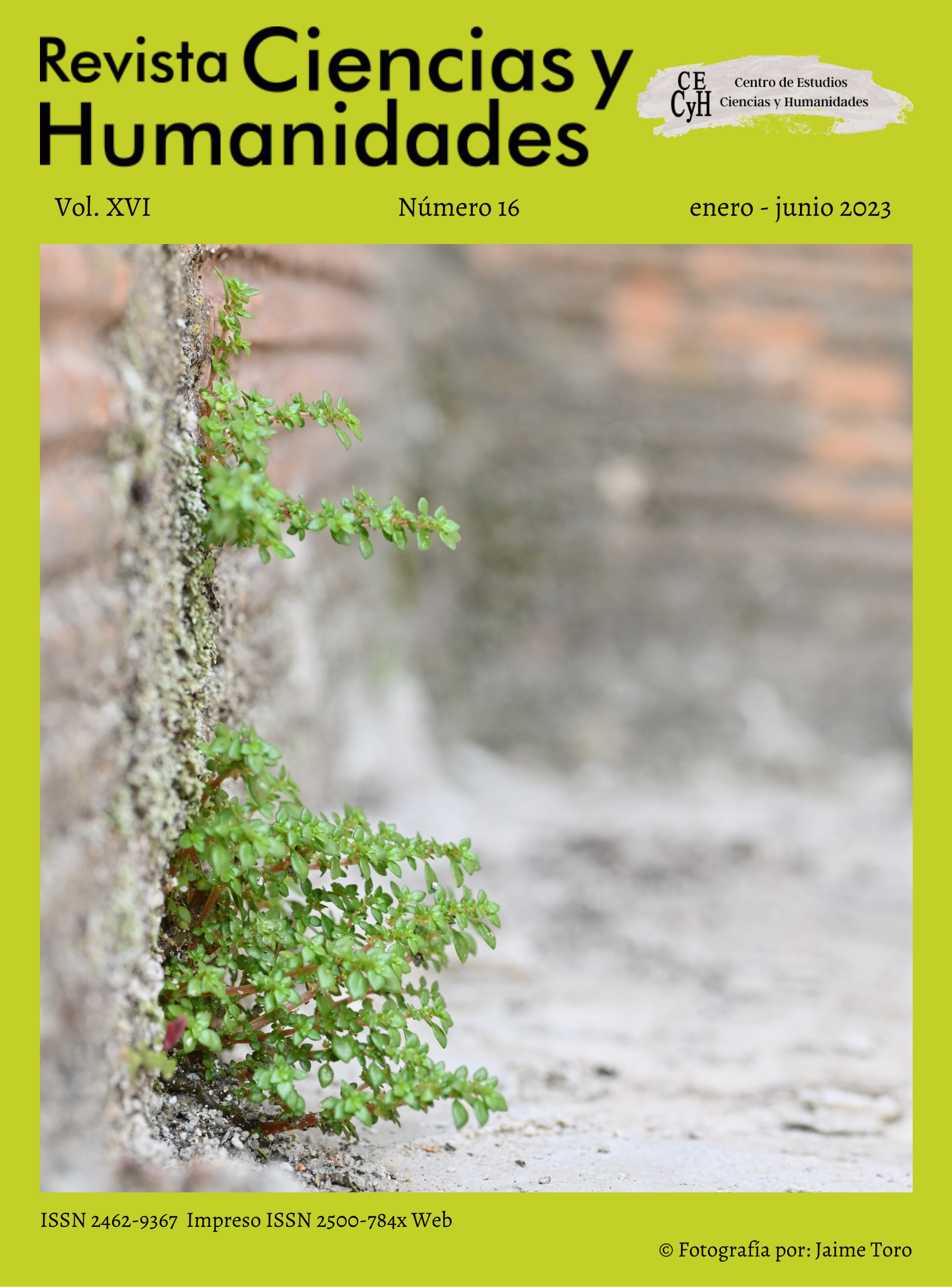Femininity as Productive Force: Kluge and Critical Theory
DOI:
https://doi.org/10.61497/zm1qdn82Keywords:
femininity, productive force, critical theoryAbstract
When Alexander Kluge introduced the concept of "female productive force" in the debates of the women's movement in the mid-1970s, he did so as part of a long-standing discussion on the "public sphere" (Öffentlichkeit). The issue of the public sphere had been one of the main concerns of the left in the Federal Republic from the protests against nuclear energy (Ostermarschierer) in the 1950s and 60s to the student movement. Whatever their particular causes, these movements invoked the Enlightenment tradition of Western democracies to which the Federal Republic aimed to join. As "extra-parliamentary opposition," the left sought to promote the democratic process the "process of maturation" of the German people in contrast to the control that the National Socialist past continued to exert over political, legal, social, and cultural institutions. The influential study by Jürgen Habermas, The Structural Transformation of the Public Sphere, personified this critical interest in the liberal tradition of the public sphere.
Downloads
Published
Issue
Section
License
Copyright (c) 2024 Heide Schlüpmann (Autor/a); Manuela Santamaría Moncada (Traductor/a); Esteban Rodríguez Sánchez (Autor/a)

This work is licensed under a Creative Commons Attribution-NonCommercial-NoDerivatives 4.0 International License.
Los artículos publicados en esta revista están bajo una licencia Creative Commons Atribución-No Comercial 4.0 Internacional (CC BY-NC-ND 4.0 ). Esto significa que los autores conservan sus derechos de autor y permiten que otros compartan y distribuyan el contenido con el debido reconocimiento, pero sin fines comerciales. No se permite la creación de obras derivadas a partir de este contenido.
Revista Ciencias y Humanidades © 2015 by Centro de Estudios en Ciencias y Humanidades del Instituto Jorge Robledo is licensed under CC BY-NC-ND 4.0











